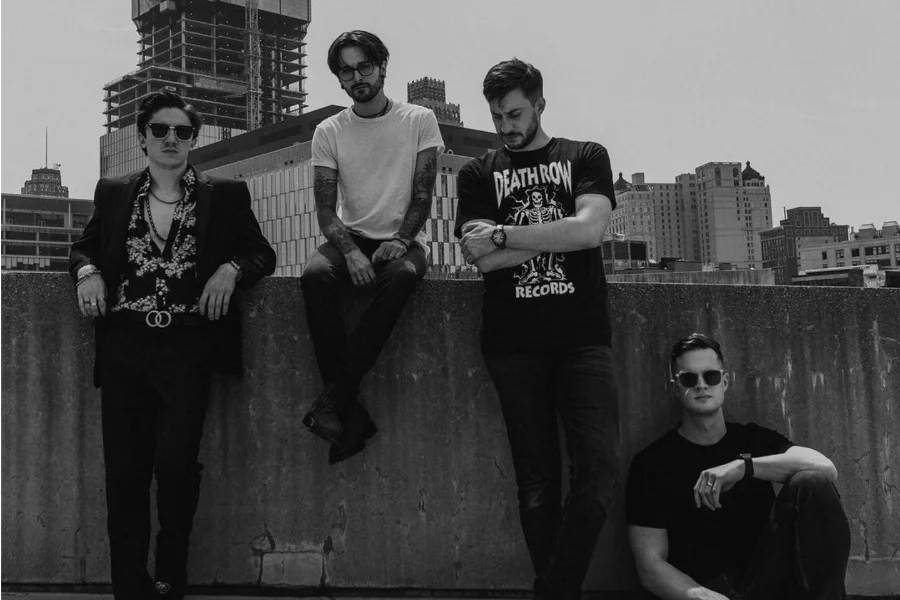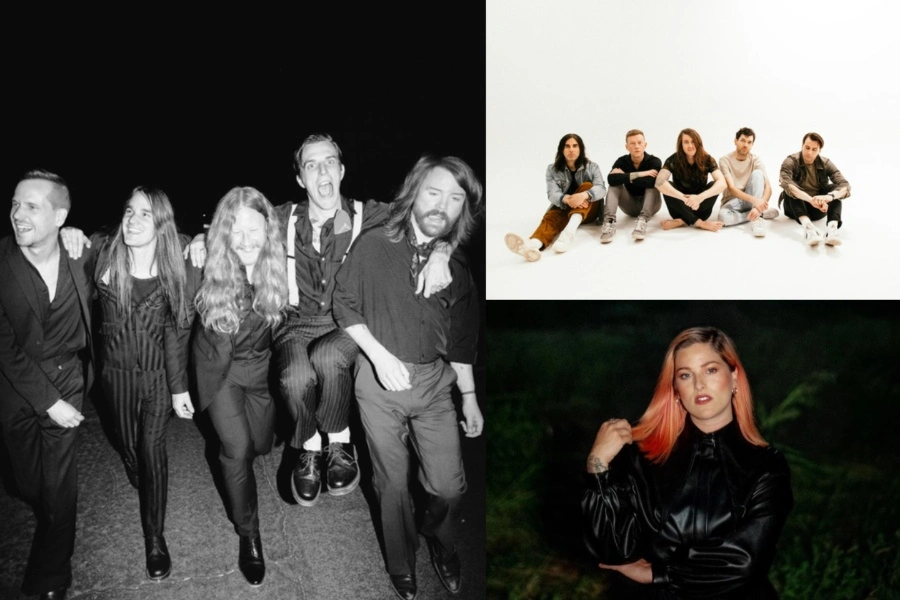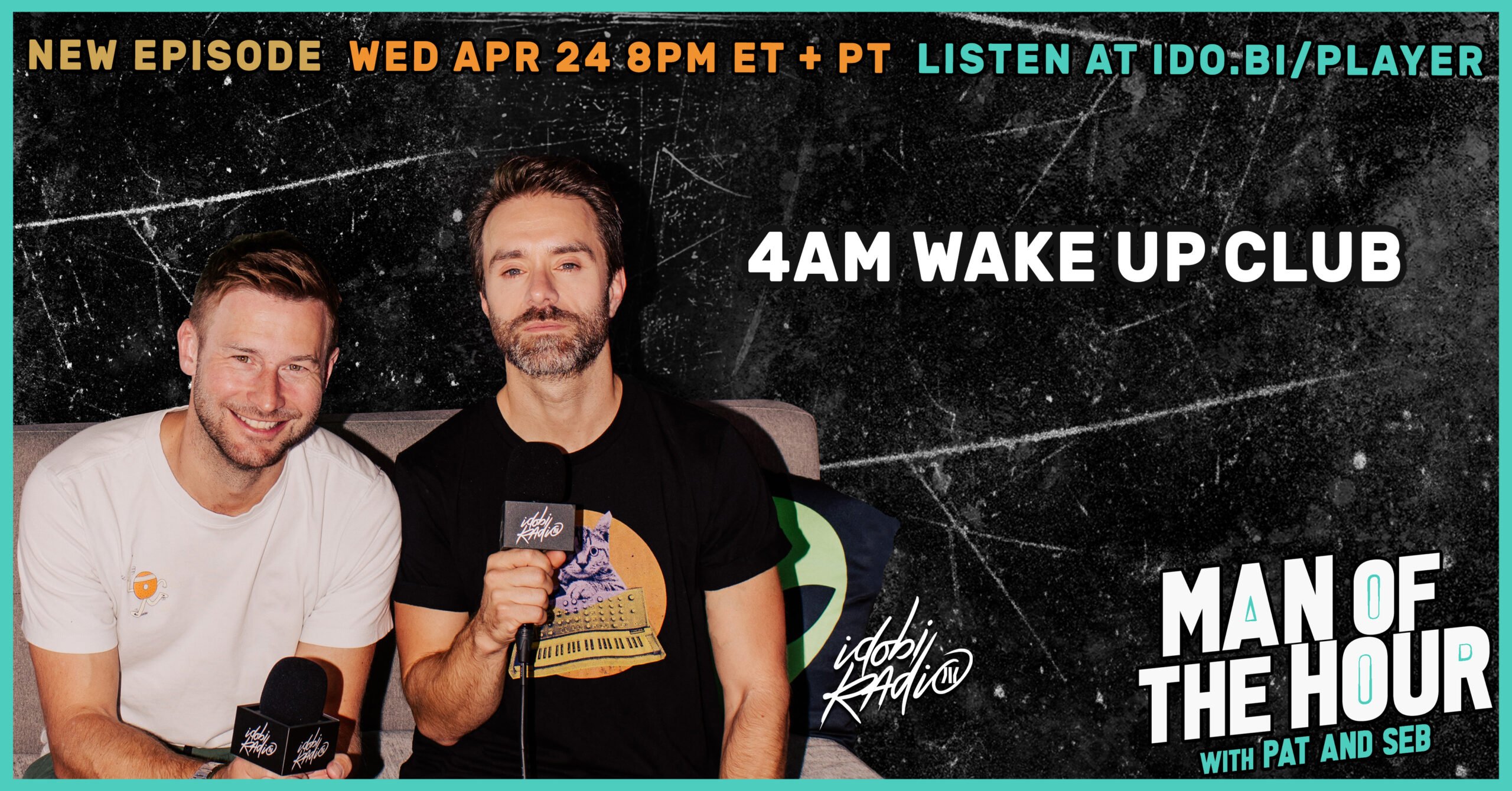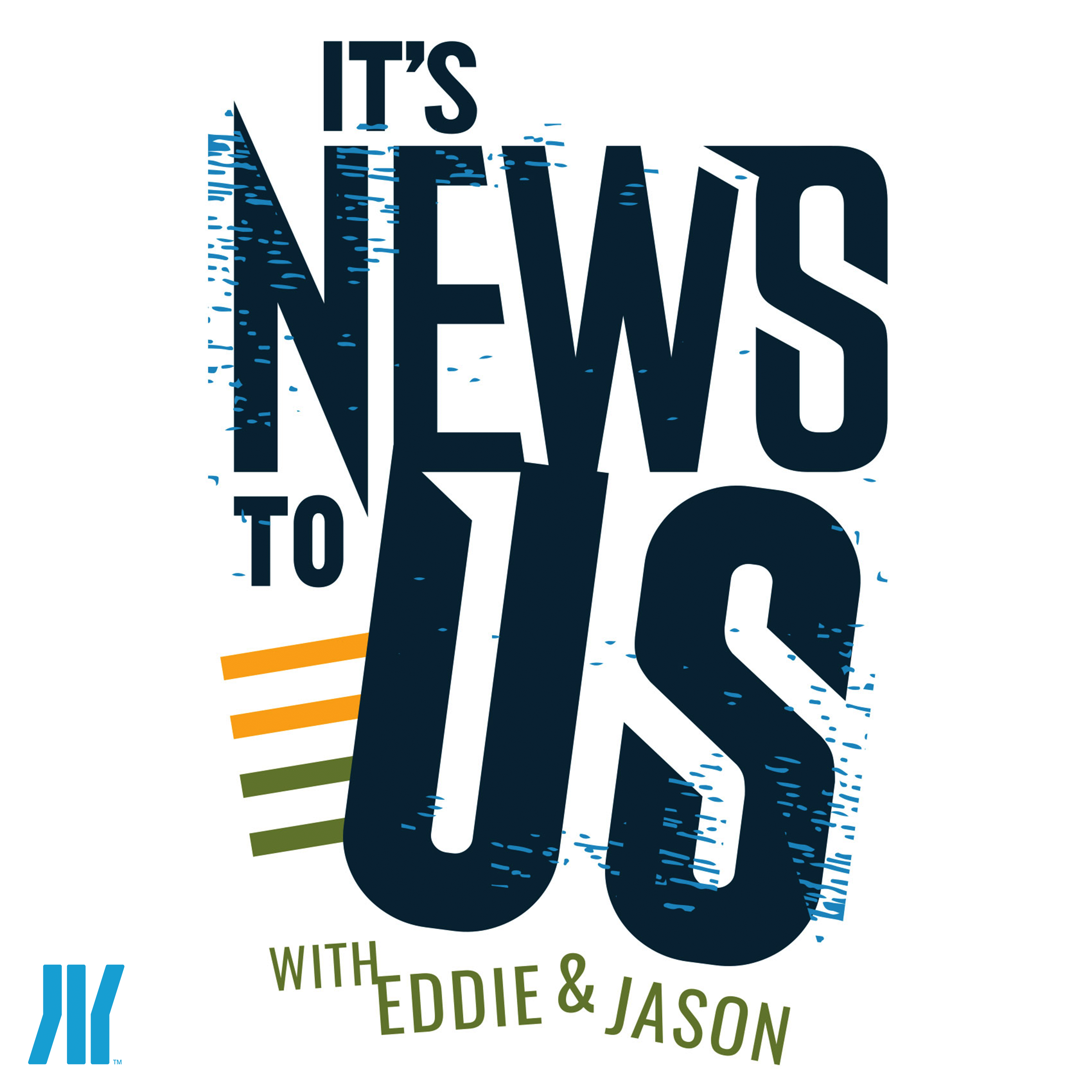The Blasters’ singer and guitarist Phil Alvin speaks like the band plays: short, fast and furious.
“My father was very upset when I quit school,” he said, trying at breakneck speed to make his words catch up with his thoughts.
“He took the neck of my guitar and screwed it to the dustpan. Then he scooped the dog crap with it, and left it in the garage. Every time I turned on the light on, I’d have to walk past it.”
But Phil ignored his father’s exhortations, and with the help of his younger brother Dave, formed one of the most powerful bands of the early ’80s.
FIVE SLEEPING RATTLESNAKES
The Blasters are steeped in the tradition of rhythm and blues with an energy informed by the ’70s punk movement and a lyrical eloquence usually associated with Bob Dylan. To this day, songs like “Marie Marie” and “American Music” remain part of any self-respecting bar-band’s repertoire.
The original incarnation – Phil, Dave, drummer Bill Bateman, bassist John Bazz and keyboardist Gene Taylor – reunited to tour in March for the first time in 17 years to celebrate the re-release of their catalog on Rhino Records.
An album from that tour, “Trouble Bound,” was released last month by Hightone Records. This month, they are touring the East Coast.
Although they sprang from the same early 1980s scene that engendered bands like X, The Germs and Black Flag, the Blasters exuded a reverence for older music that other punk bands eschewed. They literally learned from blues giants like Big Joe Turner and T-Bone Walker.
“In general, not a lot of people were playing this kind of music when we came around,” said 47-year-old Dave, whose soothing voice sharply contrasts with the machine-gun pace of his older brother. “We were a bridge between one era and another.
“The fact that you can even have an alt country movement or a corporate chain of nightclubs called House of Blues is because this music was made acceptable again on the hipness scale,” he added.
But the band members, who have all been friends since childhood, know each other too well to let a fond nostalgia overtake the proceedings.
“Hopefully, we won’t kill each other before the end of the tour,” Dave said. “It’s like five sleeping rattlesnakes. The slightest thing could set the whole thing off.”
SMITTEN BY SONNY TERRY
The band members grew up in Downey, Calif., a working class suburb of Los Angeles. When a 12-year-old Phil heard a record by blues duo Sonny Terry and Brownie McGhee, he was smitten.
“I had my mother take me to his gig,” 49-year-old Phil said. “I didn’t have any fear. So I walked backstage and I talked with him. I had a harmonica with me, so I played something for him.” Terry was impressed enough to give the young Phil lessons when he came to town.
As kids, the bandmates would attend shows in local bars and lounges by rhythm and blues acts like Turner and Walker. Turner’s saxophone player Lee Allen, whose instrument has graced records by Little Richard, Lloyd Price and Fats Domino, eventually joined the Blasters and remained with them until he died in 1994 at age 68 of lung cancer.
Dave used to follow his brother around those lounges, soaking up the lessons of his rhythm and blues heroes. But he also found inspiration in the fledgling punk movement.
“I was working as a fry cook when I saw this TV show on the Sex Pistols in 1976 or 1977,” Dave, 47, said. “In that report, the reporter mentioned (Sex Pistols’ lead singer) Johnny Rotten’s age and we were the same age. And I thought, ‘Wait a minute…”
FEUDING TAKES ITS TOLL
The band initially stuck to cover tunes, but soon learned they would need original songs to get a record deal.
“We held a band meeting and we said that in the next week or two, everybody come back with two songs,” Dave said. “And I came back with three and no one else came back with any.”
But the years of constant touring compounded by sibling rivalry took its toll. “Your brother knows where to hit you,” Phil said. “The closer you are to somebody, the more they know where to hit you. The more something means to you, the more you’ll fight for it.”
But for Dave, the fighting became too much. After a disastrous show in Montreal in 1985, Taylor left the band to join the Fabulous Thunderbirds and Dave left to join X.
“When I joined X, I had been friends with them for a long time,” Dave said. “We were about two weeks into our first tour together, and I pulled (X’s drummer) D.J. Bonebrake aside and I said, ‘When do we start fighting?’ And he said, ‘We don’t fight.’ I was amazed.”
ON THE COMEBACK TRAIL
Today, Dave Alvin has a successful solo career, earning a Grammy in 2000 for best traditional folk album for his album “Public Domain – Songs From The Wild Land.”
Phil Alvin still leads a band called the Blasters, although with a different lineup. But with the blessing of his current bandmates, Phil agreed to a reunion tour with his old friends.
When a band hits the comeback trail, they often struggle to match their former glory. But judging from the live album recorded in March, the Blasters have not missed a step.
Dave had his doubts when the band started rehearsals. “I was afraid we wouldn’t be as good as we were back then,” he said. “But about halfway through the first song of the first rehearsal, I thought, ‘No problem.”‘
For Phil, the consistency was never in doubt. “You should be better at music when you’re 45 than when you were 15,” he said. “If you aren’t, you weren’t a very good musician.”





























